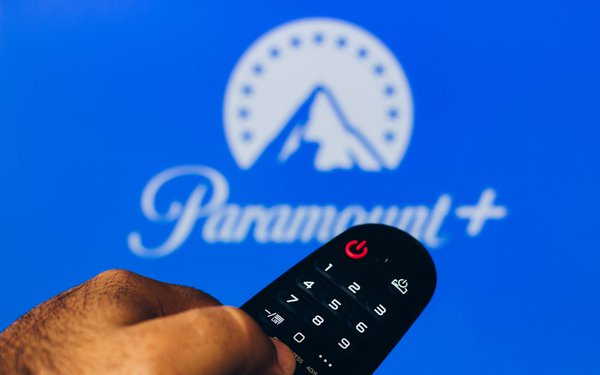
A federal appellate court has turned down a web user's
request to reconsider its recent ruling in favor of Paramount in a battle over video privacy.
In an order issued Tuesday, the 6th Circuit Court of Appeals said the legal issues were already
fully considered by the three-judge panel that issued the ruling.
The move leaves in place last month's 2-1 decision rejecting California resident Michael Salazar's bid to revive a claim that
Paramount violated a Reagan-era federal video privacy law by sharing data with Meta Platforms.
The ruling grew out of a Salazar's 2022 class-action complaint claiming that Paramount violated
the Video Privacy Protection Act, which prohibits video rental companies from disclosing personally identifiable information about “consumers'” viewing history without their
permission.
advertisement
advertisement
Salazar specifically alleged that he subscribed to Paramount's online newsletter 247Sports.com, and also viewed videos on 247Sports.com while logged in to his Facebook
account. He claimed that 247Sports.com sent his identifiable video-viewing information to Meta via its analytics tool, the Meta Pixel, which was embedded on the site.
Even though the federal
video privacy law predates streaming video, judges across the country have said the statute covers online video services. But questions about whether people who stream free videos are "consumers" are
still working their way through the courts. The video privacy law itself defines consumer as a “renter, purchaser or subscriber of goods or services from a video tape service
provider.”
U.S. District Court Judge Eli Richardson in the Middle District of Tennessee dismissed Salazar's complaint, ruling that he didn't meet the definition of consumer.
Salazar then appealed to the 6th Circuit, where he argued that he was a consumer because he subscribed to Paramount by signing up for 247Sports.com's online newsletter.
The 6th Circuit
panel rejected Salazar's argument, ruling that people are only “consumers” for purposes of the video privacy law if they subscribe to goods or services that are “in the nature
of” audio-visual material.
“Standing alone, Salazar’s allegation that he subscribed to 247Sports.com’s newsletter was not enough to render him a 'consumer,'”
Circuit Judge John Nalbandian wrote in an opinion joined by Circuit Judge Alice Batchelder.
Circuit Judge Rachel Bloomekatz dissented, arguing that the statute applies when people
rent, purchase or subscribe to any “goods or services” from any company that offers videos -- including non-video businesses such as supermarkets.
Last month, Salazar's attorneys
asked the 6th Circuit to reconsider, arguing that the appellate panel misinterpreted the statute. Counsel also noted that the ruling is inconsistent with a decision issued by the 2nd Circuit Court of Appeals in a nearly identicial
lawsuit -- also brought by Salazar -- against the National Basketball Association.
“On identical facts, under the same federal statute, he is a 'consumer' in New York but not
Tennessee,” counsel wrote.
In the New York matter, as in the Paramount case, Salazar alleged that the National Basketball Association shared information about the videos he viewed on
NBA.com with Meta, via the Meta Pixel. Salazar alleged that he was a “consumer” because he had signed up for an online National Basketball Association newsletter that offered links to
videos on NBA.com.
A trial judge dismissed the case, but the 2nd Circuit reinstated it last October, ruling that web users who provide personal information in exchange for content are
consumers.
The National Basketball Association recently asked the Supreme Court to hear an appeal of that ruling.